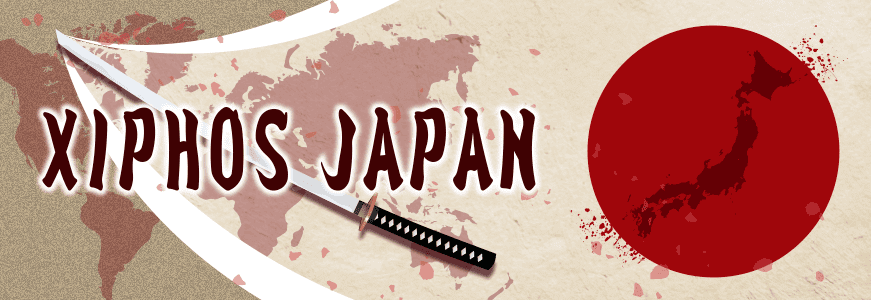
The other day, it was officially decided that cricket will be included as an additional sport in the 2028 Los Angeles Olympics. Not many Japanese are familiar with cricket, and for most, the news of its inclusion in the Olympics likely raised numerous question marks. Cricket, considered the precursor to baseball and popular in Asia, North America, and Latin America, has made a comeback to the Olympics after a hiatus of 128 years since the second Olympic Games held in Paris in 1900. While cricket is relatively unknown in Japan, it enjoys significant popularity in Australia, often compared to sports like rugby, AFL (Australian Football League), and tennis. Recently, in the World Cup held in India, Australia defeated the host country in the final, securing their fifth title, and this achievement was extensively covered in Australian news.
Cricket has a substantial following in regions like Asia, North America, and Latin America, and it is considered the prototype of baseball. It is said to be the second most played sport globally after soccer, with a player base not only in its country of origin, the UK, but also in former British colonies like Australia, India, Pakistan, South Africa, and the West Indies. Cricket has professional leagues in various countries, and notably, the average annual salary for players is approximately 460 million yen, second only to the NBA in terms of average high salaries. In South Asian countries like India and Pakistan, cricket boasts explosive popularity, with top players receiving annual salaries exceeding 3 billion yen.
In terms of the Olympic Charter, there is a section on the promotion of sports, so from that perspective, the inclusion of cricket as an additional sport based on its large player base seems quite natural. However, recent Olympics have clearly leaned towards commercialism, and it is not entirely certain that the decision was made strictly following the principles of the Olympic Charter. The popularity and player base of cricket are concentrated in specific countries (similar to baseball and softball), with rules and visibility not being particularly high in other nations. Nevertheless, looking at the decision from a slightly cynical perspective, the International Olympic Committee (IOC) may be placing importance on marketing to India, now the world’s most populous country, surpassing China, to increase viewership from India and rely on India’s economic strength, which is predicted to surpass Japan and become the world’s third-largest GNP by 2027.
The Olympic Charter originally emphasized the ideology of amateurism, proposed by the founder Baron Pierre de Coubertin. In the past, athletes were even stripped of gold medals for receiving rewards or using equipment from manufacturers. However, this charter has been revised, and since the 1984 Los Angeles Olympics (the second time it was hosted), commercialism has accelerated. Presently, the Olympics involve extensive sponsorship advertising, and events are scheduled to align with the prime time of regional television, sometimes holding competitions in the late night or early morning, reflecting a shift from athlete-centric to sponsor-centric priorities.
Not only in the Olympics but also in bidding for and hosting events like the FIFA World Cup, substantial amounts of money are involved, leading to intensified competition to win over decision-making committee members. Sports events, once intended to provide the best environment for athletes to achieve remarkable records, have, to some extent, transitioned into environments that generate profits. If Baron Pierre de Coubertin, the advocate of amateurism, were to witness the current Olympics, one might wonder what his thoughts would be.







